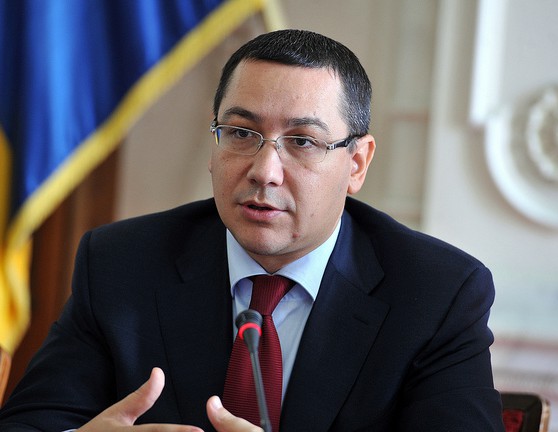Under investigation for corruption, the Romanian Prime Minister, Victor Ponta, refuses to resign, declaring himself innocent.
The National Anti-corruption Directorate (DNA) announced on Friday, 5 June, that it was investigating charges of conflict of interest, money laundering, forgery and tax evasion attributed to Romania’s Prime Minister on Friday and dating back to when he was working as a lawyer before assuming public office.
For the investigation to proceed, the Prime Minister’s immunity as Member of Parliament should be lifted, something only the Parliament can do.
In a secret ballot, 120 out of a total of 398 MPs in the Romanian Parliament ‘s Chamber of Deputies voted yesterday, 9 June, to maintain Mr. Ponta’s immunity, thus shielding him from any investigation. The MPs supporting Ponta are believed to be members of the Social Democratic Party (PSD), over which Ponta presides.
According to the Romanian news agency Mediafax, Ponta affirmed that had he resigned, the instability would have inflicted harm on Romanians and Europeans alike, especially in times of Russian expansion. On the other hand, President Iohannis declared that the only way to solve this political crisis is for Ponta to leave. He also stated that the Parliament’s vote against revoking Ponta’s immunity marks a sad day for Romanian democracy.
In office since 2012, Ponta confronted Iohannis in a tight race for Romania’s presidency in December 2014, when Iohannis won thanks to support from the Romanian diaspora. Other candidates included MEP and former Minister of Justice Monica Macovei, who posted on Facebook that Parliament has now given a “free pass to corruption at the highest level” and that the MPs in question should be ashamed. Additionally, the Supreme Court President Livia Stanciu stated that it is clear now that justice does not apply equally to all citizens in Romania.
The scandal comes months before political parties start their campaign for local and parliamentary elections to be held next year. The country’s biggest party, PSD, will face the Democratic Liberal Party and the National Liberal Party, which formed a strong coalition in support of Iohannis’s presidential candidacy in 2014. It will be interesting to observe how the Romanian institutions will function and how the persons holding the key positions will interact in the lead-up to those crucial elections.


